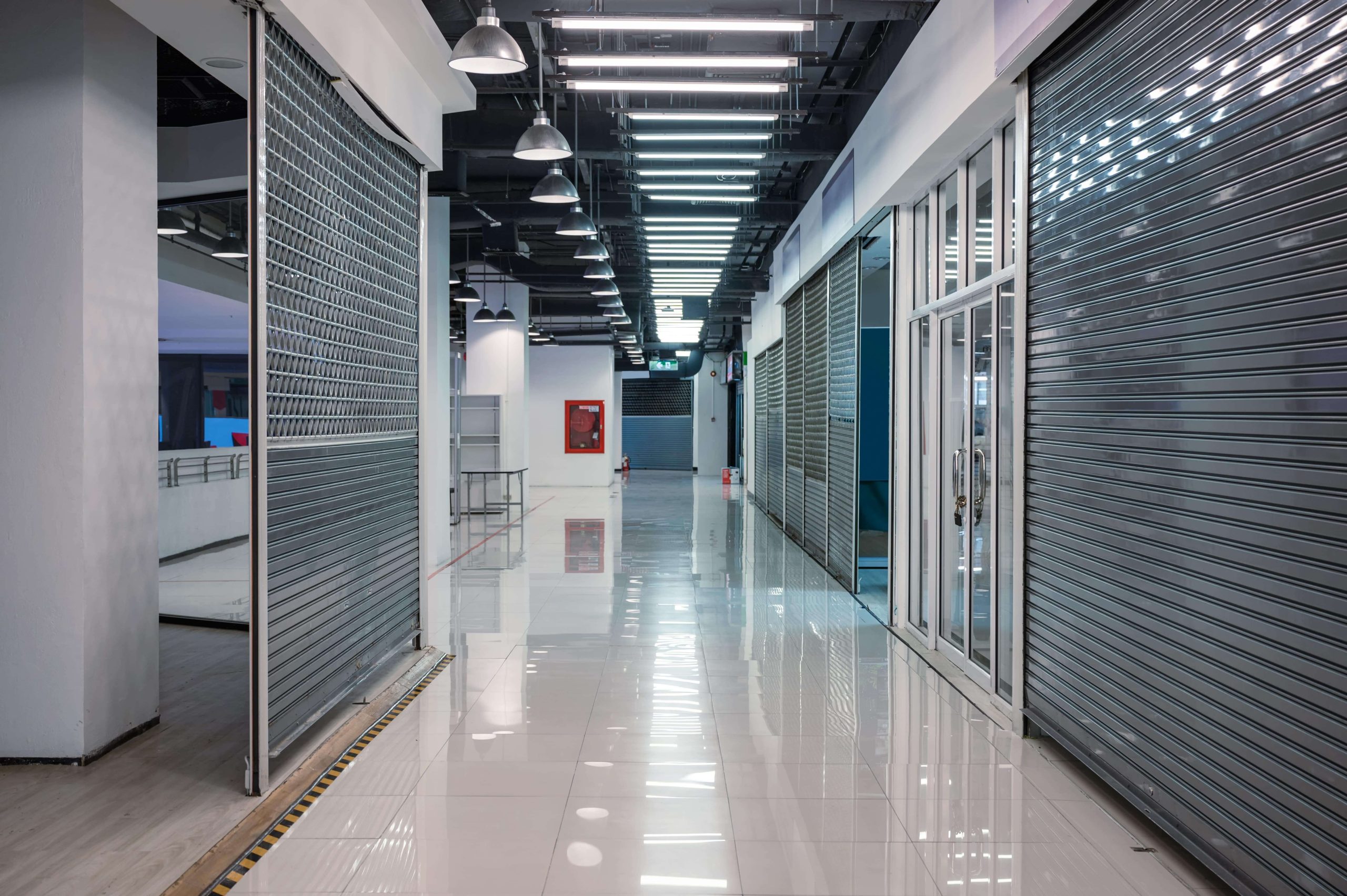Finding the right commercial space for your business can be a daunting task. Whether you are a startup looking for your first office or an established company seeking to expand, understanding the nuances of leasing commercial spaces is crucial. This guide will provide you with essential information to help you navigate the process effectively.
Understanding Commercial Leases
Lease Duration
Commercial leases are normally for one to ten years, or even longer, depending on the demands of the business and the landlord’s preferences. Shorter leases can provide tenants with more flexibility, allowing them to respond swiftly to changing market conditions or business growth without being locked in for an extended period of time.
This might be especially useful for startups or businesses trying new locations. Longer leases, on the other hand, can provide stability by assuring that the tenant has a secure site in which to conduct business without fear of removal. This consistency can also develop stronger ties with landlords, potentially leading to better lease conditions over time.
Rent Amount
The lease will specify the base rent, which is the initial sum that the tenant agrees to pay for occupying the business space. This amount is critical for budgeting and financial planning since it establishes the baseline for monthly expenses. Furthermore, many business leases include provisions for rent increases over time, which might occur annually or at regular intervals.
These increases may be based on inflation rates, market conditions, or precise percentages specified in the lease agreement. Understanding potential escalations is critical for tenants since they can dramatically impact long-term operational costs and overall business profitability, necessitating a thorough analysis of lease terms before signing.
Operating Expenses
Tenants may be responsible for charges above and beyond the standard rent, which can have a substantial impact on their overall financial commitments. These expenses often include utilities such as power, water, and gas, which are required for daily operations. Maintenance costs can also occur, which include repairs and upkeep to ensure that the space stays functional and complying with safety regulations.
Depending on the lease structure, tenants may be responsible for paying property taxes as well. Furthermore, insurance expenditures are necessary for protecting the company and its assets. Understanding these diverse expenses is critical for good budgeting because they may quickly mount up and impact overall profitability.
Use Clause
This portion of the lease specifies how the area may be used. Including the permissible activities and operations within the property. It is important for tenants to carefully analyze this section to ensure that their anticipated business operations are consistent with the terms provided. A lease, for example, may limit the types of enterprises that make excessive noise or require specialized permissions.
Violating this clause may result in penalties or possibly eviction. Tenants should ensure that their business model, including any future expansions or changes, complies with these constraints in order to avoid potential legal concerns and maintain a seamless operational experience.
Types of Commercial Spaces
Office Space
Office spaces are perfect for firms that need a professional setting to function properly. These venues meet a variety of demands, ranging from small startups to big enterprises. Options include coworking spaces, which provide flexible, shared workplaces. Favorable to networking and cooperation, as well as traditional offices, which give dedicated rooms for teams to work privately and focus on their jobs.
Coworking spaces frequently include services such as high-speed internet, meeting rooms, and common areas, fostering a vibrant community vibe. Traditional offices, on the other hand, offer a more controlled environment, allowing firms to tailor their space to their individual needs and branding.
Retail Space
Retail spaces are especially useful for firms that sell products directly to consumers because they provide a tangible presence for customers to browse and make purchases. These locations are frequently located in high-traffic areas, such as retail malls, busy streets, or popular business districts, which can greatly increase visibility and attract potential consumers.
Being at a prime location can lead to improved sales and brand awareness. Furthermore, retail locations may include amenities such as display windows, signage options, and proximity to complementary businesses, all of which add to a welcoming shopping experience that increases customer engagement and loyalty.
Industrial Space
Industrial spaces are commonly utilized for manufacturing or storage, serving organizations that require big areas for production, assembly, or inventory management. Warehouses, which are used to store goods and resources, and distribution centers, which help things flow efficiently from suppliers to retailers or customers, are examples of such spaces.
Industrial facilities frequently include high ceilings, loading docks, and plenty of square footage to accommodate heavy machinery and huge shipments. They may also be outfitted with specialist infrastructure, such as refrigeration units or ventilation systems for particular production processes. Selecting the appropriate industrial space is critical for increasing operational efficiency and satisfying corporate goals.
Key Considerations Before Signing a Lease
Location
The location of your commercial property can have a big impact on your company’s profitability, affecting everything from client foot traffic to operational efficiency. Proximity to customers is critical since being close to your target market increases visibility and accessibility, encouraging more frequent visits and more sales.
Furthermore, proximity to suppliers may improve logistics, decrease transportation costs, and assure timely delivery of goods, which is critical for inventory management. Furthermore, understanding the competitive landscape in the area is critical; locating your business near competitors can generate a vibrant marketplace, but it may also necessitate new techniques to differentiate your goods and attract clients.
Zoning Regulations
Ensuring the property is classified for your planned use is an important stage in the leasing process because zoning restrictions govern how a space can be used. Different zones are assigned for different uses, such as residential, business, or industrial use. If the land is not zoned adequately for your business kind, it may result in legal issues or restrictions that impede operations.
Zoning can influence anything from the style of signage you can use to your operating hours and even the nature of your business activities. As a result, verifying zoning compliance is critical to avoiding potential disruptions and ensuring your business’s success in its chosen location.
Condition of the Property
Before signing a lease, you should thoroughly inspect the facility to avoid unforeseen charges and ensure that it suits your business needs. During the inspection, take note of the condition of the walls, flooring, and ceilings, as well as the plumbing, electrical systems, and HVAC units. Look for symptoms of wear and tear, such as leaks, cracks, or out-of-date fixtures that may need to be repaired or renovated.
Identifying these issues early on helps you to talk with the landlord about who will be liable for repairs and whether you may request a rent reduction to cover prospective renovation expenditures. A thorough inspection safeguards your investment and facilitates a simpler move-in process.
Negotiation Opportunities
Don’t be afraid to negotiate lease terms, as this can result in better terms for your firm. Many landlords are prepared to talk about rent reductions, especially if you commit to a longer lease term. This can provide them with the peace of mind that comes with having a dependable tenant while also saving you money.
You can also bargain for space improvements, such as renovations or upgrades that are appropriate for your business needs. By approaching talks with confidence and clearly stating your needs, you may be able to secure a bargain that not only meets your budget but also improves your operating efficiency and overall satisfaction with the space.
Key Takeaway
Leasing commercial spaces requires careful consideration and thorough research. By understanding the types of leases available, evaluating potential spaces critically, and seeking legal advice, you can make informed decisions that support your business’s growth and success. Remember that this process is not just about finding a place; it’s about securing a foundation for your business’s future.




